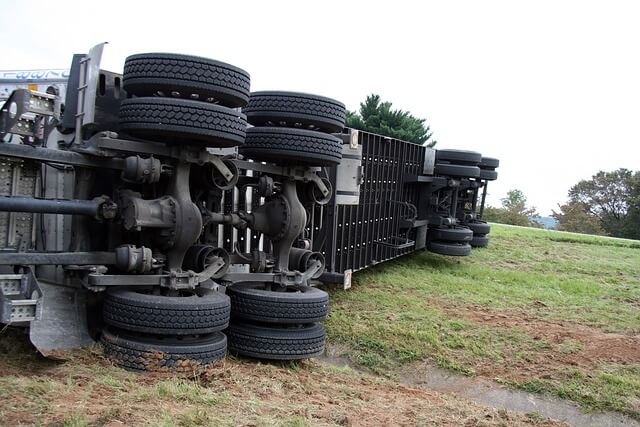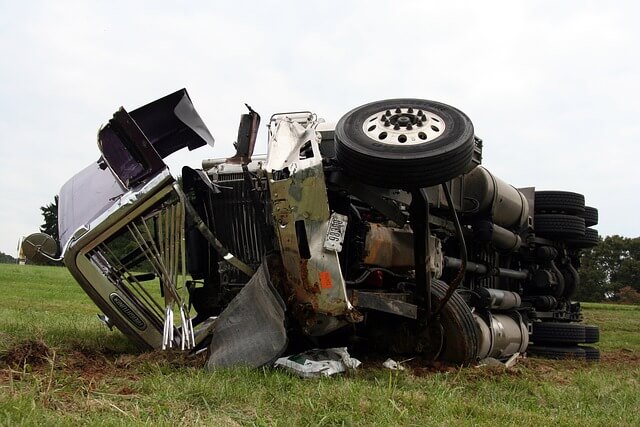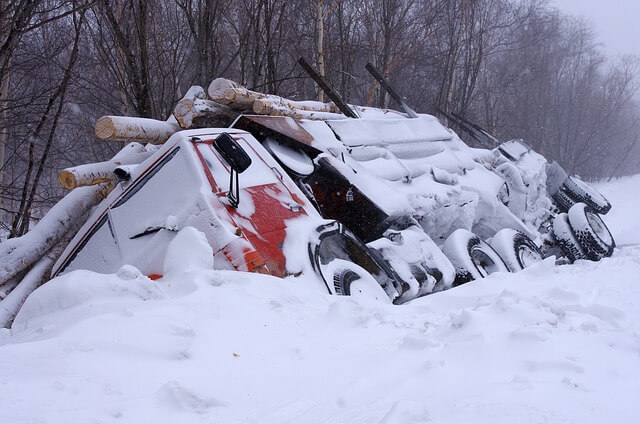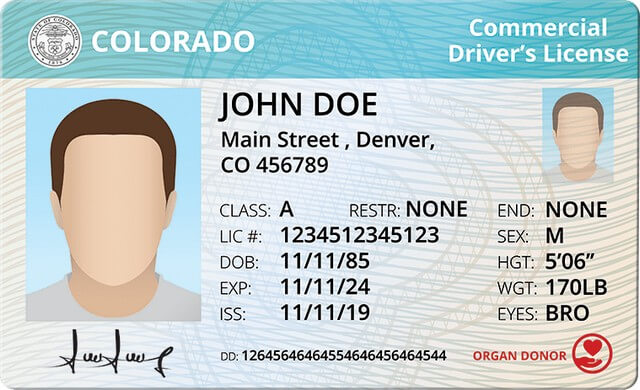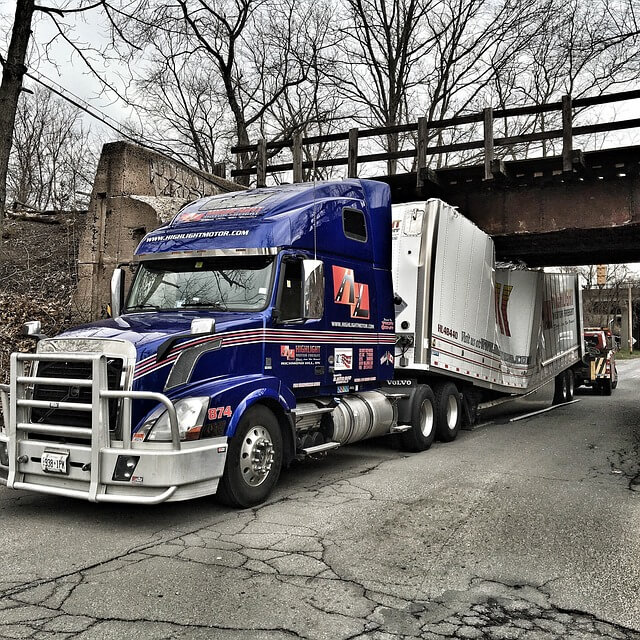Were You Injured In A Truck Accident?
Denver’s Truck Accident Lawyers
Have you been injured in an accident involving a truck in Denver or anywhere in the state of Colorado? Call Denver’s truck accident attorneys at Galperin & Associates at 720-501-3451 for a FREE case evaluation.
Big rig, semi, and 18-wheeler truck accidents are especially dangerous due to their sheer size. Smaller passenger vehicles tend to take the brunt of these collisions, often resulting in serious and even fatal injuries due to the truck accident injury.
Why are commercial truck accidents so common in Colorado? Often, the trucking industry puts profits before safety. Our Colorado truck accident lawyers have witnessed trucking companies claim that they are revising their safety policies and procedures time and again to reduce the number of deadly accidents. Unfortunately, these new protocols are rarely enacted and trucking companies to place profits before the safety of other motorists.
DID YOU KNOW: There are over 15 million trucks on the road in any given year, and during that time there are over 400,000 truck crashes resulting in over 100,000 injuries.
